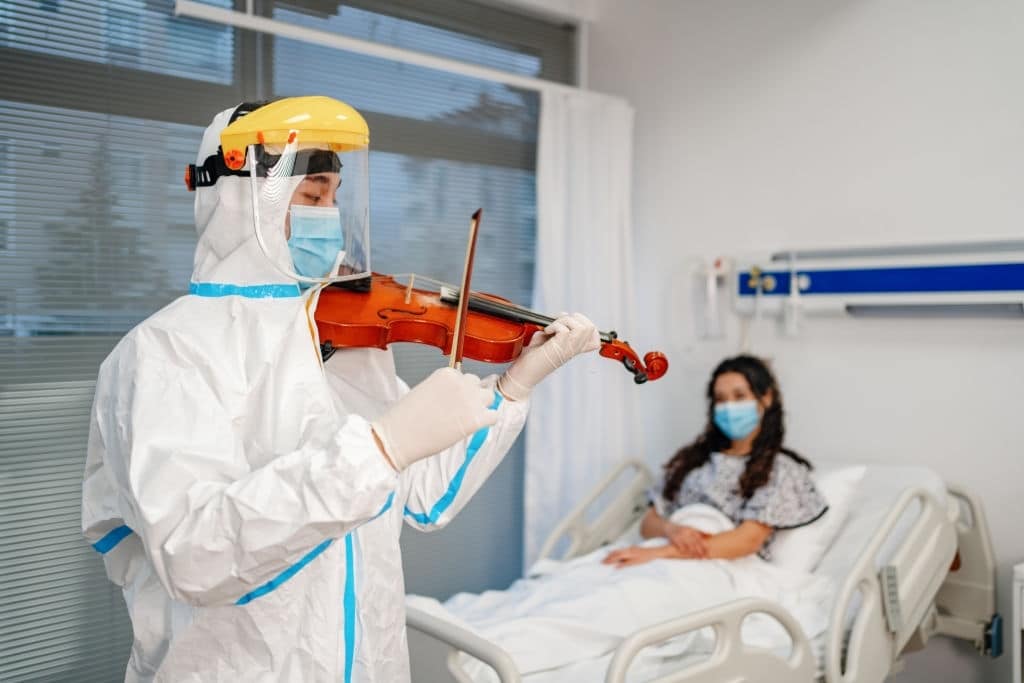Join Our Team!
We’re hiring! Submit your CV, cover letter, and two recommendation letters from NATO countries to infos@fsf-ihce.com.
Let’s build something great together!
Let’s build something great together!
Instilling confidence and innovation in students of all ages through outstanding music education and training. FSF-IHCE is aiming to transform lives and strengthen our culture through the love of music.
Music is a vital part of European culture, and it is likely the artistic and creative industry with the biggest audience. It is an important part of Europe’s cultural diversity and has the potential to affect positive social change. Music is also economically significant: the market, which is dependent on small and medium enterprises, hires more workers than the film industry and produces more than 25 billion Euros in annual sales.
The digital change and intensified competition from global players, especially from the United States and the United Kingdom, have had a significant impact on Europe’s music industry over the last decade. It has been going through a major recession, which has resulted in significant changes in the way music is made, developed, circulated, consumed, and monetized. The music industry is constantly adapting (new business models, new ways of communicating, expanding consumer reach), opening the way for other entertainment sectors to follow. However, significant problems exist, such as sales distribution and equal artist remuneration in this modern digital world.
FSF-IHCE’s goal is to provide outstanding music education and training to learners, music trainers and artists of all ages in order to instill trust and creativity in them. We strive to transform lives and enrich our society through the love of music. Through our committed world-class creative programs, our main focus in training education of music lies in the following areas:
Music is a salve, a rescue, a motivator, a reward, a connector, and a reminder in prisons for the same reasons it is everywhere else. It takes on additional significance in prison because the circumstances allow for very little individuality and imagination in everything from clothing to schedule. Music has the power to transcend all religions, cultures, and countries. Its presence varies by penitentiary and region, but its significance—as an outlet, therapy, and a tradition—does not. Donated instruments, church choirs, visiting singers, informal rap cyphers, and a cappella performances are some of the ways it manifests.

Music in Prisons programs will be full of laughter and excitement, raising everyone’s spirits and making their influence known in the prison population. But make no mistake: tasks are not an easy or enjoyable way to spend a week in jail. Projects are often difficult because they require participants to step outside of their comfort zones to show commitment, courage, empathy, and reverence for each other’s ideas in order to effectively develop, rehearse, and deliver their new songs.
Hospitals are places that patients would prefer not be. Chemotherapy procedures, for example, may be regular and long, lasting a few hours or a whole day. The orchestra’s music therapy training and education is FSF-IHCE’s primary focus which sends musicians into health care environments armed with the soothing influence of music.
Music is becoming a more critical part of healthcare, and there is a growing body of research that suggests that participating in or hearing music can have profound positive effects on our general well-being. Music has been shown to help people with dementia, tinnitus, bipolar disorder, multiple sclerosis, chronic pain, and fatigue, according to specific findings. Furthermore, several surveys involving musicians, caregivers, and their families have shown that participation in a variety of musical events tends to rank high among the diverse activities enjoyed by residents of most care facilities.

Our schools place a high value on music training and education. Despite this, it seems that many school systems are offering it less and less these days. Unfortunately, in order to make space for other subjects, many schools have started to exclude music from their curricula.
Music is an incredibly important topic for all children to study because it can help them grow their brains, improve their social connections, and also relieve stress. Since music is no longer taught in schools, children will no longer be eligible for these benefits until they participate in private lessons, which may be prohibitively costly for certain families.

We are unable to function as an international NGO without your support. It is because of your small contribution that we are able to achieve the goals of our mission, which is to promote music through training and education. Help us use music to improve the lives of those who are incarcerated. Music is also essential for the sick in hospitals. Since music plays a significant role in fostering our well-being. Help us get music back into the classroom. Children from low-income families who cannot afford expensive private lessons have a reason to smile.
FSF-IHCE has joined forces with well-known artists to support music through training and education in Europe and beyond. Artists who want to join us today are welcome to do so. We are currently bringing in key players in the music industry to help us with our missions. Join us today and let's make the industry stronger and more influential in our communities and around the world.
